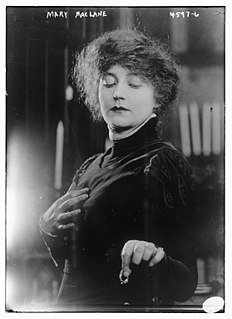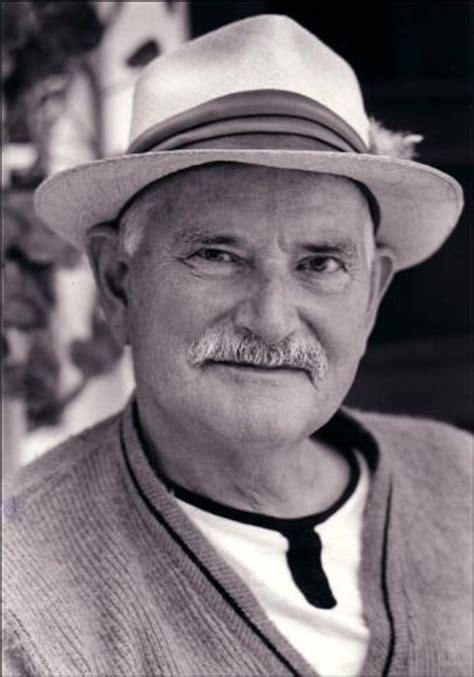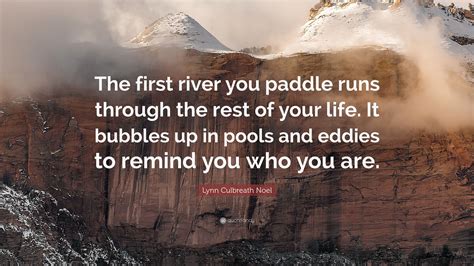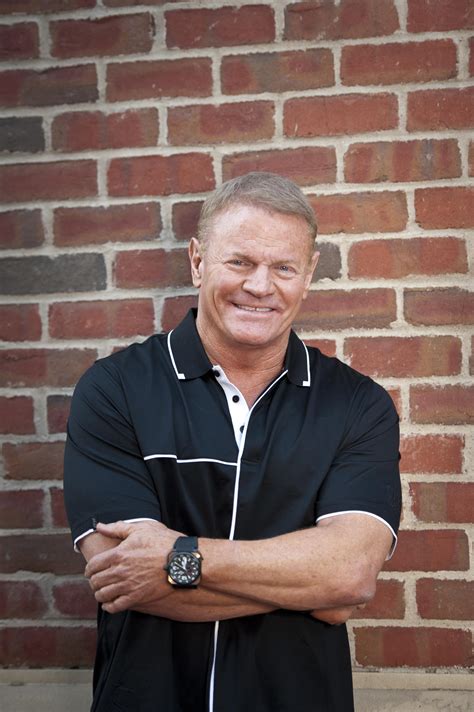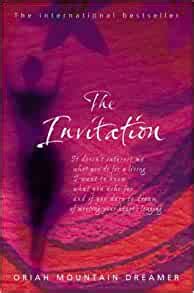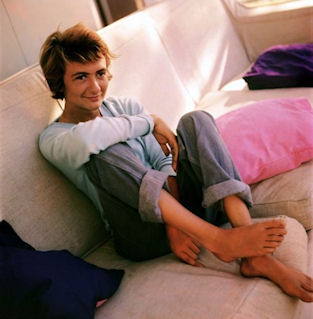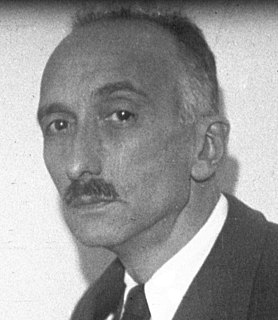A Quote by Henry Miller
A book is a part of life, a manifestation of life, just as much as a tree or a horse or a star. It obeys its own rhythms, its own laws, whether it be a novel, a play, or a diary. The deep, hidden rhythm of life is always there - that of the pulse, the heart beat.
Related Quotes
It [music] has an awakening function. Life is a rhythm. Art is an organization of rhythms. Music is a fundamental art that touches our will system. In Schopenhauer's The World as Will and Idea he speaks of music as the sound that awakens the will. The rhythm of the music awakens certain life rhythms, ways of living and experiencing life. So it's an awakener of life.
I've always said if somebody wrote a book and they took their whole life to learn that knowledge in that book, why you won't just read that book to learn what they know? I have never seen anyone take a book combining Faith, personal Development and life stories that are just so practical and relatable to our own generation.
But the soul of Africa, its integrity, the slow inexorable pulse of its life, is its own and of such singular rhythm that no outsider, unless steeped from childhood in its endless, even beat, can ever hope to experience it, except only as a bystander might experience a Masai war dance knowing nothing of its music nor the meaning of its steps.
It is hard to be with another's pain if we cannot be with our own. Since I was a child I have always felt a deep sense of responsibility to ease others' pain. But I have discovered that often, beneath this genuine and admirable desire, lies an inability to be with my own sorrow. Several years ago, watching a close friend suffer when a brain aneurysm took away her life as she knew it, I wrote in my journal, "I won't ask much. But if you would just let me save your life, perhaps it will not hurt so much to know I cannot save my own.
The book is finished by the reader. A good novel should invite the reader in and let the reader participate in the creative experience and bring their own life experiences to it, interpret with their own individual life experiences. Every reader gets something different from a book and every reader, in a sense, completes it in a different way.
'We Were the Mulvaneys' is perhaps the novel closest to my heart. I think of it as a valentine to a passing way of American life, and to my own particular child - and girlhood in upstate New York. Everyone in the novel is enormously close to me, including Marianne's cat, Muffin, who was in fact my own cat.

